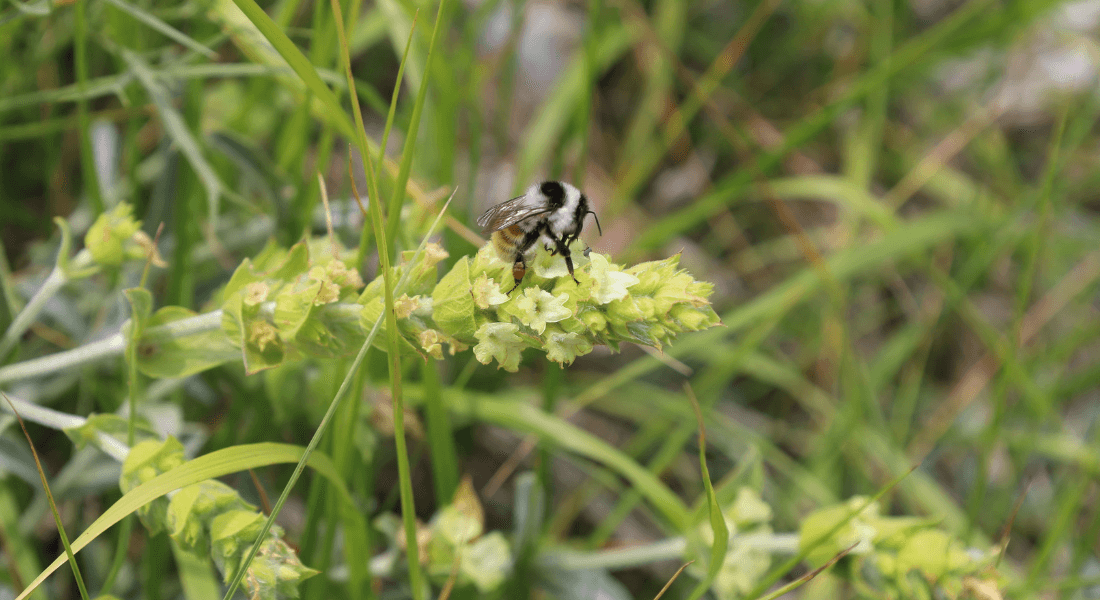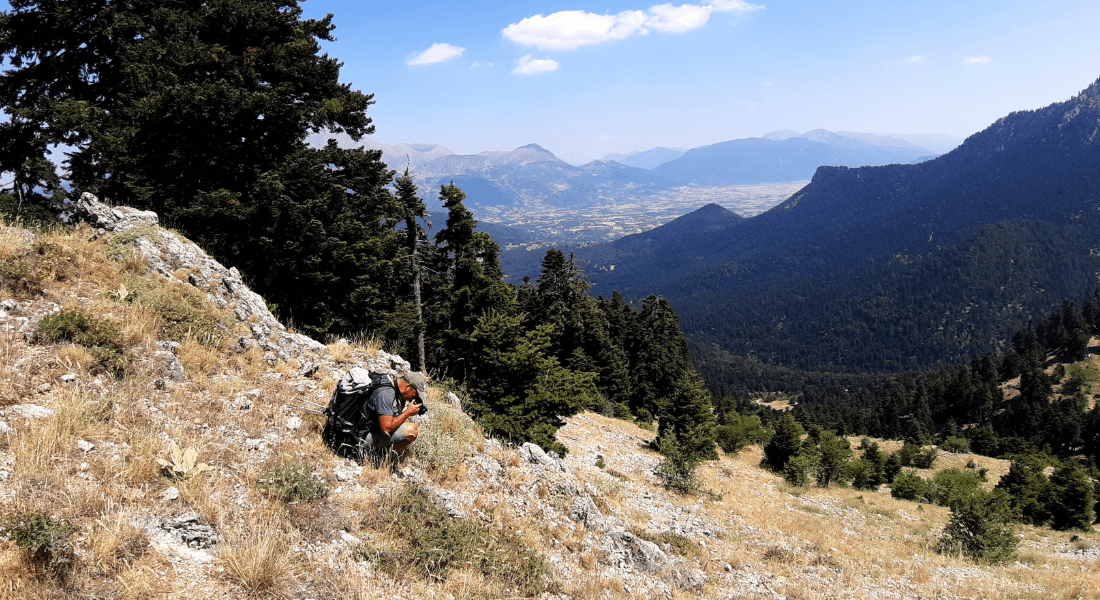Nature’s future pharmacy in peril
Certain plants pose a valuable medicinal resource. However, many species are threatened by changes in climate and land use. To sustainably exploit the plants' potential in global health care systematic and transdisciplinary research is highly important, argues a group of researchers, including Dr. Spyros Theodoridis and Professor David Nogués-Bravo, in a new publication.

For thousands of years, people have relied on the healing properties of plants – in some places they are still the only freely available remedies to this day. Half of the drugs approved worldwide in the last four decades are based on the ingredients of medicinal plants or were developed using them as a model.
The traditional painkiller morphine is derived from opium poppies, and the salicylic acid for aspirin occurs as a plant hormone in the bark of willow trees. Recently, interest in medicinal plants has increased again due to new, sophisticated methods for analyzing their bioactive compounds.
"Medicinal plants and their bioactive compounds offer enormous opportunities for the future medical care of humankind – as a nature-based, cost-effective, and efficient health resource. However, our knowledge of them is still fragmentary", explains Spyros Theodoridis from the Senckenberg Biodiversity and Climate Research Center in Frankfurt, and continues:
"Of some 374,000 known plant species, only 15 percent have been chemically analyzed to date – and just six percent have been studied under pharmacological aspects".
Medicinal plants threatened by human influence
Rapid developments in the fields of metabolomics – the study of metabolites – and genomics are now opening up new possibilities for the systematic analysis of bioactive plant compounds and their integration into complex ecosystems.
For example, it was possible to identify those genes in the genome of the yew tree that are responsible for the synthesis of the substance paclitaxel used in cancer therapy.
At the same time, traditional – and yet understudied – medicinal plants are threatened by human influence. Tried and tested plants such as Sideritis, used as Greek mountain tea for treating colds, are on the verge of extinction due to excessive collecting. For thousands of people in the Balkans, however, gathering Sideritis and other medicinal herbs is currently the only source of livelihood.

The researchers suggest that the local population should be involved in developing sustainable cultivation concepts that mimic natural ecosystems. However, the climate and biodiversity crisis also threatens entire ecosystems.
"In nature, the bioactive plant compounds we use as medicines perform specific tasks in plant-ecosystem interactions – from mediating pollination to improving soil quality", explains David Nogués Bravo from the Center for Macroecology, Evolution and Climate (CMEC) at the Globe Institute, University of Copenhagen, and he adds:
"Extreme temperatures, droughts, and increased atmospheric CO2 concentrations can disrupt this complex interplay. This is where climate and biodiversity research need to collaborate – at all levels, from the genetic and molecular level to species communities and ecosystems – to lay the groundwork for adequate conservation approaches".
Sustainable transformation of global health care
Using Europe as an example, the researchers have developed a series of indicators to record the medical and socioeconomic potential of ecosystems as well as their possible endangerment for different geographic regions. Here, the Mediterranean region and circumpolar Europe stand out, in particular.
"Our goal is to provide an impetus for transdisciplinary global research on medicinal plants. In this way, we can achieve nothing less than a sustainable transformation of global healthcare in the future and secure ‘medicinal biodiversity’ for coming generations", Theodoridis says in summary.
About the publication
"Evaluating natural medicinal resources and their exposure to global change" is published in The Lancet Planetary Health by Theodoridis S, Drakou EG, Hickler T, Thines M, and Nogués-Bravo D.
Contact
Professor David Nogués-Bravo
